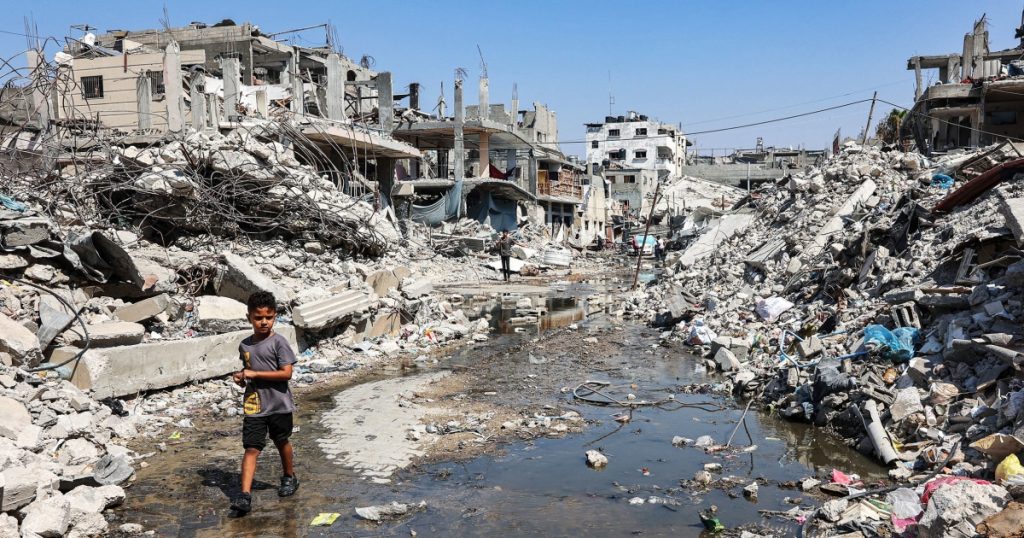The New York Times reported on additional stipulations put forth by Israeli Prime Minister Benjamin Netanyahu in ceasefire negotiations with Hamas, despite his office denying that new conditions had been added. Netanyahu has faced pressure both internationally and domestically to reach a deal and end the 10-month-old war. Hamas has expressed doubts about the United States’ ability to mediate a ceasefire, and a senior Biden administration official acknowledged that there was still a significant amount of progress needed before a deal could be reached. Despite this, both sides are said to believe that a ceasefire agreement is within reach and that time is of the essence.
There were reports denied by Netanyahu of a conversation with Republican presidential candidate Donald Trump ahead of the ceasefire negotiations. Top Hamas official Osama Hamdan suggested that if Israel were to offer a better deal, Hamas would consult with Iran and Hezbollah, hinting at the potential for their involvement in the talks. The conflict between Israel and Hamas has resulted in a significant number of casualties and displacement within Gaza, with Israel launching an offensive following an attack by Hamas in October. The Biden administration has faced criticism for its military support of Israel, but announced the approval of $20 billion in new arms sales to the country, with deliveries set to begin in the coming years.
The situation remains precarious, with ongoing ceasefire negotiations and mounting pressure on Netanyahu to make a deal. Both Hamas and Israel have indicated that they believe an agreement is possible if the remaining issues can be resolved. The involvement of external actors, such as Iran and Hezbollah, adds another layer of complexity to the negotiations, but both sides are hopeful that a ceasefire can be reached. The continued violence and displacement within Gaza highlight the urgent need for a resolution to the conflict, as both Israelis and Palestinians continue to suffer the consequences of the ongoing war.
The Israeli government’s response to reports of additional conditions in the ceasefire proposal, as detailed by The New York Times, has sparked controversy and uncertainty surrounding the negotiations. Despite these allegations, Netanyahu’s office has denied any new conditions and emphasized the importance of reaching a deal to end the conflict. The involvement of the United States in mediating the negotiations has come under scrutiny, with Hamas expressing doubts about their ability to broker a ceasefire. The Biden administration has acknowledged the challenges ahead but remains optimistic that an agreement can be reached.
The potential for Iran and Hezbollah to become involved in the negotiations adds another layer of complexity to the situation, as both Hamas and Israel navigate the delicate process of reaching a ceasefire agreement. The ongoing violence and displacement within Gaza underscore the urgency of finding a resolution to the conflict, as the toll on both Israeli and Palestinian civilians continues to mount. The approval of new arms sales to Israel by the Biden administration has drawn criticism, but the Pentagon has clarified that deliveries will not begin for years. The pressure on Netanyahu to strike a deal and the mounting domestic and international criticism faced by the Biden administration highlight the need for swift action to end the conflict and prevent further loss of life.


